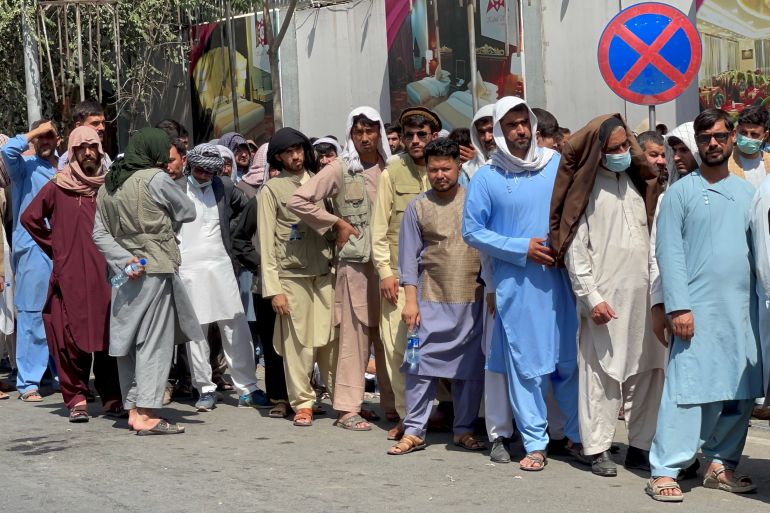Western Union to resume money-transfer services to Afghanistan
The money-transfer firm suspended services in Afghanistan two weeks ago after the Taliban captured Kabul.

Western Union Co is resuming money-transfer services to Afghanistan, the company said on Thursday, after suspending its operations in the Central Asian country two weeks ago as the Taliban advanced on Kabul.
“Starting September 2, 2021, Western Union is pleased to announce that it is resuming its money transfer services into Afghanistan, enabling customers from 200 countries and territories to once again send money to their loved ones in the country,” the world’s largest money-transfer firm said in a statement posted on its Twitter account.
Keep reading
list of 4 itemsAfghanistan: Taliban to rely on Chinese funds, spokesperson says
Explainer: What leverage do US, allies have over the Taliban?
Taliban says formation of new Afghan gov’t in its final stages
The company also said it would offer a two-week, $0 transfer fee for all money transfers into Afghanistan from September 3 to 17.
Western Union and MoneyGram International Inc, another global remittance provider, suspended services in Afghanistan earlier last month as the security situation in the capital deteriorated.
This week banks in Afghanistan reopened, paving the way for money-transfer firms to be able to conduct their services and dispense and collect funds.
— Western Union (@WesternUnion) September 2, 2021
Speaking with Reuters News Agency, Jean Claude Farah, Western Union’s president for Asia, Europe, the Middle East and Africa, said a push by the United States to facilitate humanitarian aid to the Afghan people had given the company confidence to restart its operations.
“Much of our business involving Afghanistan is low-value family and support remittances that support basic needs of the people there, so that’s the grounding that we have and why we want to reopen our business,” Farah told Reuters.
The flow of funds from migrant workers overseas is a key lifeline for many Afghans, and has helped the economy of one of the world’s poorest countries get through years of conflict and political and economic instability.
The United Nations says about half of the Afghan population requires aid amid the second drought in four years.
A broad range of sanctions prohibit firms from financial dealings with the Taliban, and the Haqqani network, which has links to the Taliban, is classified as a “terrorist” organisation by the US and United Kingdom.
But US President Joe Biden has said his administration is committed to allowing humanitarian work to continue in Afghanistan.
“We are continuing to engage with the US government and others to understand their policies and what type of longer-term regulatory framework will be put in place as it relates to the Taliban,” Farah told Reuters.
Remittances to Afghanistan reached $789m in 2020, approximately four percent of the country’s gross domestic product, the World Bank estimated, down from $829m in 2019.
Some limitations will remain, however, Western Union said on Thursday. Money will be paid out in US dollars or Afghanistan’s currency, the afghani, and payout will only be available in some locations, mostly in Kabul.
Meanwhile, outbound services – sending money outside of the country- are currently suspended.